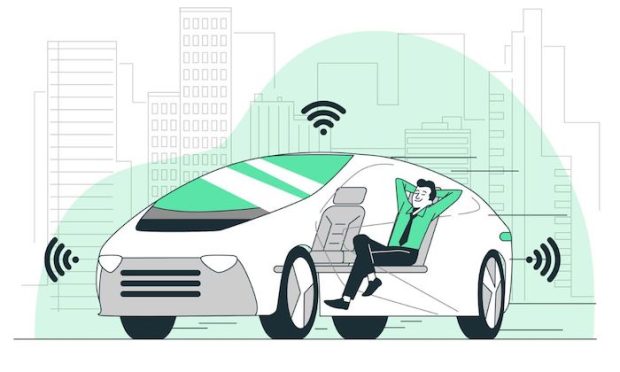Driverless car technology, also known as autonomous vehicles, has been touted as the future of transportation, with the potential to revolutionize the way we travel. However, while it promises increased safety, reduced traffic congestion, and improved mobility, there are also concerns about its negative impacts. Critics argue that the widespread adoption of driverless car technology may lead to job losses, increased inequality, and further exacerbate environmental problems. Additionally, there are concerns about the safety of autonomous vehicles and their ability to handle unexpected situations. Therefore, it is important to examine both the potential benefits and drawbacks of this technology before fully embracing it.

While technology is a game changer, there is still a dark side to it too, which is rarely visible. Driverless cars lead to more auto accidents. Learn more about driverless car accidents and what to do following a driverless car accident. Like any emerging technology, it also has its drawbacks and potential negative consequences.
Here are some of the dark sides of driverless car technology:
Cybersecurity Risks
This new technology brings a variety of cybersecurity risks that must be addressed if driverless cars are to become a reality. One of the major risks associated with driverless car technology is the potential for hackers to gain access to the vehicle’s systems. This could allow them to manipulate the vehicle’s controls, override safety protocols, or even take control of the car remotely. The autonomous nature of driverless cars also means that they are constantly connected to the internet, making them vulnerable to cyberattacks.
Legal Issues
The development of driverless car technology has raised various legal and ethical issues that need to be addressed to ensure that the technology is safe and reliable. One of the legal issues is liability in case of accidents involving autonomous vehicles. With traditional cars, drivers are typically held responsible for accidents, but with self-driving cars, determining who is responsible can be challenging. In some cases, it may be the vehicle manufacturer, the software developer, or the owner of the car. To address this issue, laws, and regulations must be put in place to determine liability in accidents involving autonomous vehicles.
Data Privacy
Another legal issue that arises with driverless cars is data privacy. Autonomous vehicles collect vast amounts of data, including location, speed, and vehicle performance data. This data can be used for a range of purposes, including improving technology and providing more personalized driving experiences. However, it is essential to ensure that the data collected by these vehicles is kept secure and that users’ privacy rights are protected. Regulations must be put in place to address data privacy concerns and prevent misuse of collected data.
Ethical Issues
From an ethical perspective, driverless car technology raises questions about how to program these vehicles in situations where accidents are unavoidable. For example, if a self-driving car is about to crash, should it prioritize the safety of its passengers or pedestrians on the road? This ethical dilemma is a challenging question that requires careful consideration to determine the best course of action. Additionally, autonomous vehicles have the potential to displace many jobs, including those of professional drivers. It is essential to address these issues and ensure that the development of driverless car technology does not have negative social impacts.
Increased Dependency on Technology
In recent years, there has been a dramatic increase in the use of driverless car technology. This technology has been touted as a way to make roads safer, reduce emissions, and provide a more efficient transportation system. However, this increased dependence on technology has raised some concerns about the potential for negative impacts on society.
If driverless cars are caught up in accidents or crashes, the legal implications are huge, and the major questions that come across include the issue of liability and the ability of a computer to make ethical decisions. There are specialized attorneys who handle such cases; therefore, you must consult them in case of an accident to understand the legal implications.
Read More:

